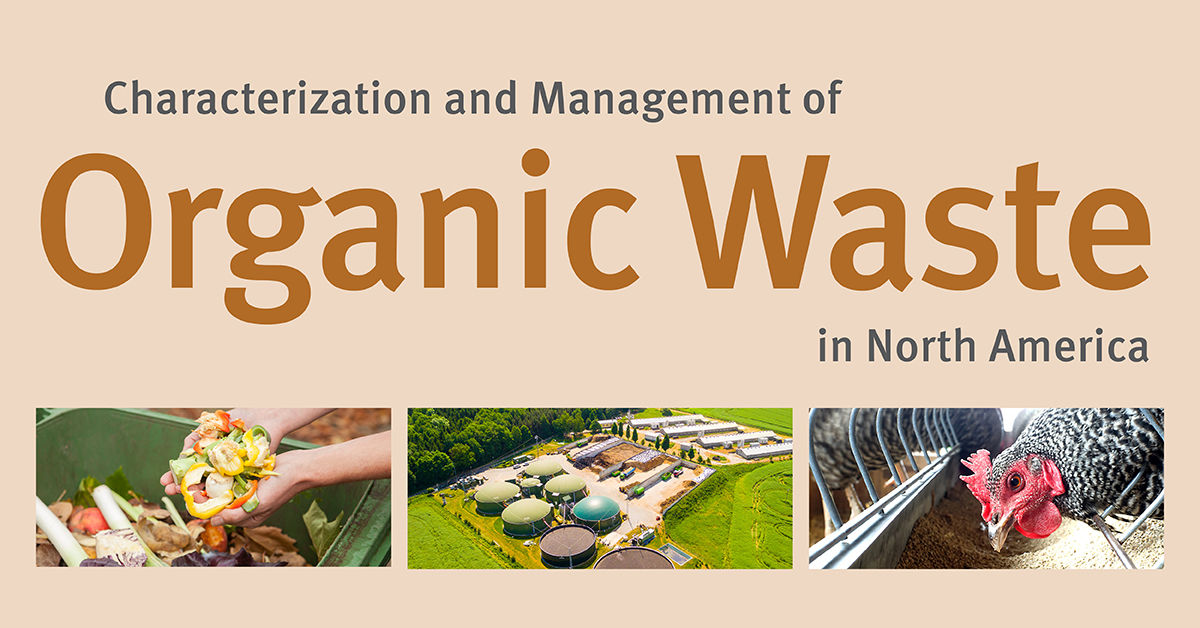New CEC report outlines potential solutions to North America’s organic waste issue
Today, the Commission for Environmental Cooperation (CEC) has published a new report detailing recommended actions for increasing organic waste diversion and processing across Canada, Mexico, and the United States.
Key findings of the report include:
- North America generates an estimated 265 million tonnes of organic waste each year. Of this amount, residents and businesses divert approximately 75 million tonnes through activities such as composting and anaerobic digestion, and otherwise dispose of approximately 190 million tonnes of organic waste in landfills.
- Canada and the United States both have an organic diversion rate of 32 percent, while Mexico has a rate of 7 percent.
- The potential positive economic impacts of organic waste diversion are significant in terms of job creation potential and subsequent increase in GDP. For example, diverting 50 percent of the 141.5 million tonnes of organic waste (residential and ICI) disposed of in the United States in 2014 could generate an estimated US$7 billion in revenue and create over 160,000 jobs.
- Many actions can be taken to foster the expansion of organic waste diversion and processing in North America, such as consistent outreach and education programs for the general public, promoting or increasing incentives to spur growth related to expanded infrastructure, increasing landfill and waste-to-energy tipping fees for organic waste, and supporting the growing market for products derived from organic waste across North America.
About the report
This report presents the key findings of a two-year research project, the CEC’s North American Initiative on Organic Waste Diversion and Processing. Providing statistics on organic waste generation, diversion, and disposal in North America, the report details the environmental benefits associated with reducing organic waste disposal. With a focus on policy and decision makers, it identifies challenges, opportunities, and best practices for increasing organic waste diversion and processing across North America.

About the CEC
The Commission for Environmental Cooperation (CEC) was established in 1994 by the governments of Canada, Mexico and the United States through the North American Agreement on Environmental Cooperation, a parallel environmental agreement to NAFTA. As of 2020, the CEC is recognized and maintained by the Environmental Cooperation Agreement, in parallel with the new Free Trade Agreement of North America. The CEC brings together a wide range of stakeholders, including the general public, Indigenous people, youth, nongovernmental organizations, academia, and the business sector, to seek solutions to protect North America’s shared environment while supporting sustainable development for the benefit of present and future generations
The CEC is governed and funded equally by the Government of Canada through Environment and Climate Change Canada, the Government of the United States of Mexico through the Secretaría de Medio Ambiente y Recursos Naturales, and the Government of the United States of America through the Environmental Protection Agency.